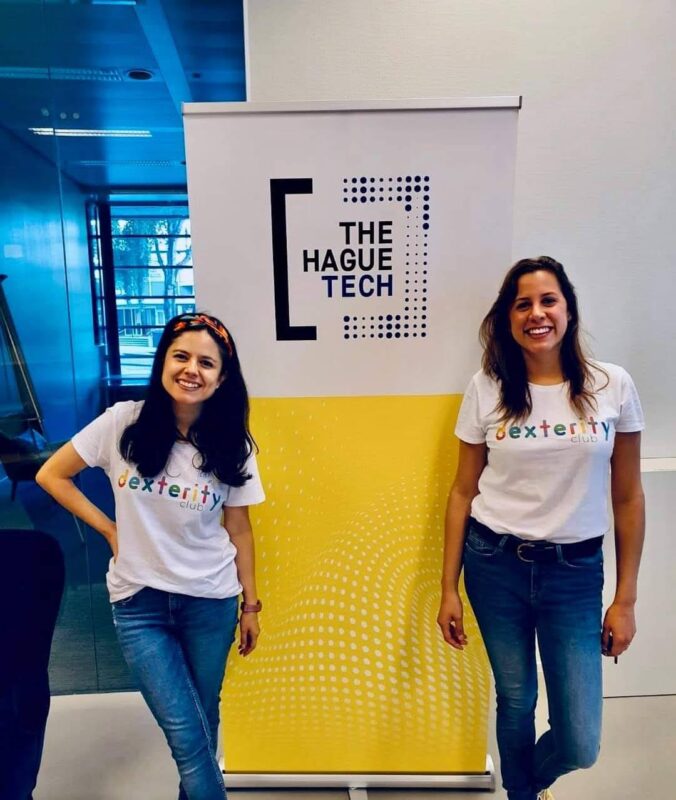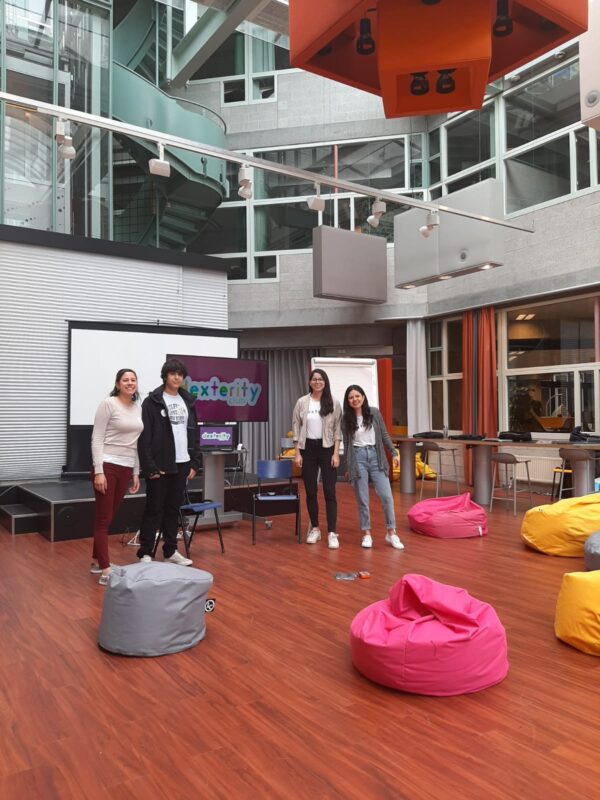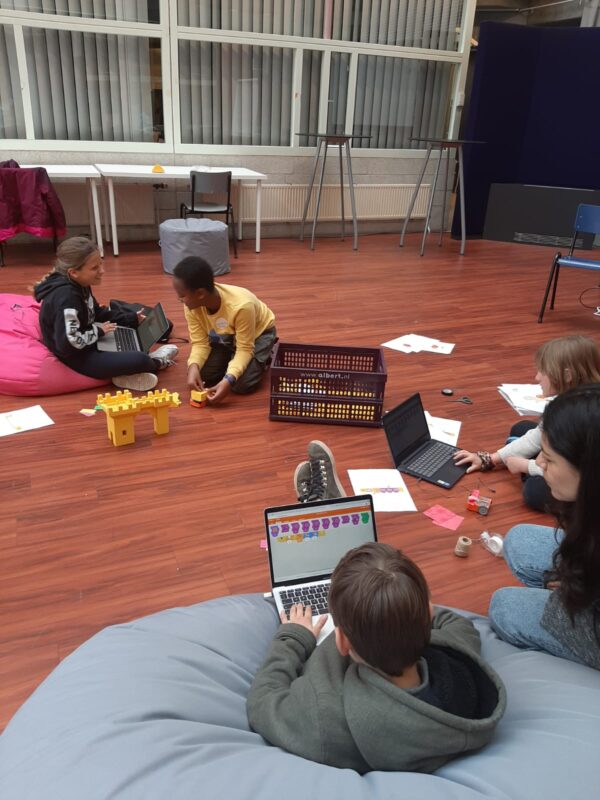Digital citizenship is defined as the application of relevant behaviors in the use of the internet, social media and available technologies and was born with the intention of educating and sensitizing internet users, by giving them tools that allow them to recognize relevant and reliable sources, as well as communicate effectively through digital channels.
In other words, Digital citizenship refers to the responsible use of technology by anyone who uses computers, the Internet, and digital devices to engage with society on any level.
Some of the concepts involved in digital citizenship are:
- E-learning. A term that applies to learning through electronic mechanisms, which allows to take enormous advantage of the possibilities of hypertext, image, animation, audiovisual and other available resources.
- E-government. The so-called e-government, as we mentioned at the beginning, is a form of administration of state resources that takes advantage of the immediacy of ICT for public attention, streamlining their own processes and maximizing the scope of their information measures.
- E-commerce. This is the term for electronic commerce, that is, the possibility of acquiring or selling goods or services through ICT, or even of associating entrepreneurship through them.
I had the opportunity to interview two experts in DIGITAL CITIZENSHIP, Dina Fajardo Tovar and Teresa Sánchez Rico, both co-founders of Dexterity Club, a company located in The Netherlands that provides innovative learning opportunities and resources to encourage children and their parents to discover the fascinating digital world while developing the essential skills to embrace the upcoming challenges in a responsible way.
Why is Digital citizenship so important?
Today, the use of technology has become an integral part of our daily life, that's why it is necessary to introduce the concept of digital citizenship from an early age. Digital citizenship is being conscious and responsible about our digital life. We must teach children how to take care of their digital footprint (everything we post, or share stays there forever), how to behave in an ethical and responsible way when they are online and be aware of the risks we face in the digital world. We consider that governments and educators play a very important role in the development of appropriate learning programs that include digital citizenship to support children to maintain their safety and integrity when they are online. Equally important is to teach children to behave in an ethical and responsible way when they are connected.
What are the digital skills children should learn to succeed in the current world?
Navigating the digital world has challenges and opportunities. First, we know we are a click away from everything and everyone we want. However, we are also a click away from digital risks. We think it is important to help children develop their digital literacy and digital safety skills to access information and people in a responsible way. Also, Digital creativity is a very valuable tool for the future. Over the years, all jobs, regardless of the field, are being automated and are increasingly dependent on technology. It is important to have the ability to understand, manage and propose the use of new technologies and programming tools that can add value to our daily work, regardless of the field.
You are the founders of Dexterity Club, what activities do you provide, where and how have the results been?
As you mention, Dexterity club is an organization that started during one of the most important and life changing crises we have ever experienced. These circumstances made us aware of the importance of bridging the digital divide by providing children and parents the opportunity to learn and use technology in the best way possible. We conduct online and in-person workshops and activities, mainly with children, but also with caregivers and teachers. We think it is not only helping children develop their digital skills but also invite the adults around them to join this effort. Thanks to our activities, we have achieved presence locally as an afterschool option for kids to learn about digital skills and digital Safety. Also, we have had the opportunity to collaborate with international organizations, with the same approach as us, to carry out online workshops.
Furthermore, we are collaborating with local schools and local cybersecurity companies for the development of educational platforms. Some of our most significant activities were being the ambassadors in The Hague of the European Initiative "Code Week 2020", which promotes learning to program as a tool for life. During this framework, we organized 3 activities reaching more than 70 people including kids, parents, and teachers.
Another very important activity was the realization of two international online workshops within the framework of International Girls in ICT Day 2021. This initiative sought to boost girls to get interested in studying STEM and Technology-related careers, and thus, help to reduce the gender gap in the future.
Talking about girls, we know for many studies and statistics that very few women decide to study careers of STEM (Science, Technology, Engineering, and Mathematics) what are the main reasons for this phenomenon and how can we- as a society- change this reality?
We all need role models, those leaders that inspire us and that show us that what we dream of is possible. Girls have grown up with the limiting idea that they are not a good fit for STEM careers and very few role models that show them this is not true. We think that by showcasing more women and inviting more girls to join this conversation and learn that they are also capable of developing their STEM skills and digital skills we can inspire them and revert this trend. Nevertheless, this is something we all need to work together, parents have to trust and give their girls confidence that they can do it, teachers have to encourage girls to try out STEM activities, as Dexterity we have to provide spaces that support girls expand their knowledge and skills in this regard, and all women and men around the world have to be opened to have more girls and women in STEM.
Something else do you want to add?
At Dexterity club, we are very aware that it is also important to help parents and teachers learn to deal with the ongoing Digitalization. We are working on the development of tools to help parents and educators learn about the topic.



